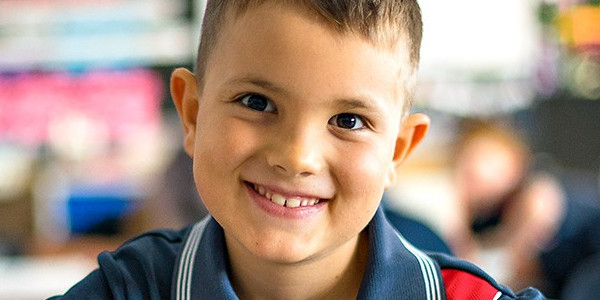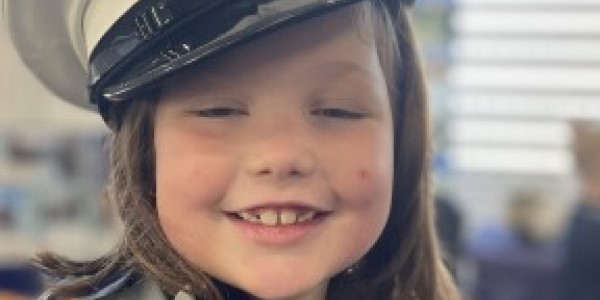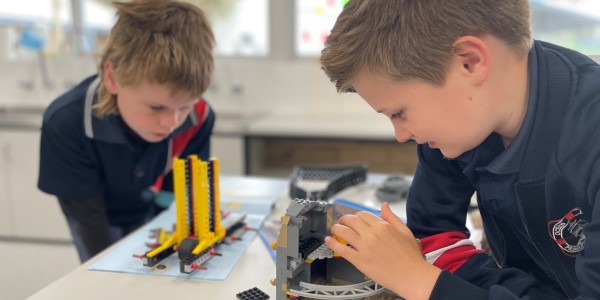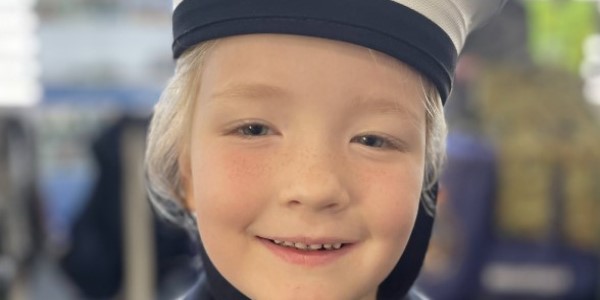What is SAER? (Students at Educational Risk)
Students whose academic, social and/or emotional attributes are a barrier to engagement with the content and standards defined in the Western Australian Curriculum are considered to be ‘Students at Educational Risk’ (SAER).
Student whose progress between fixed points in time data, such as between Year 3 and 5 NAPLAN, may have high achievement but may make minimal progress. Students who fall into this category should be described as being ‘potentially’ at educational risk (PAER); we may review their progress as part of a ‘Case Management” process.
When your child requires intervention, we might use the term: SAER (Student at Educational Risk).
This booklet outlines the main ways that our school can provide support and gives you the guidance of who to speak to if you have a concern about your child learning. Alternatively, it may be your child’s teacher that raises a concern, in which case, this booklet will help you understand the processes involved.
What do I do if I am concerned about my child?
In the first instance, any concern about your child’s progress should be discussed with their teacher.
If your child has been diagnosed with an educational or medical need it is better to have the initial conversation with Mr Chris Smith, Associate Principal.
What does the School do if they are concerned about your child?
Teachers at ORPS regularly assess your child’s progress against expected standards. If your child falls below a particular ‘cut point’ then we may also decide to implement a plan to support them. These, together with national tests, such as On Entry or NAPLAN, are great indicators for staff that a student is not learning at the expected level. It is also not uncommon for children to be referred to a speech or occupational therapist and, often, more than 25% of our children are referred for an intensive period of intervention during the first year of full-time education.
Initially, the teacher will raise their concern with Mr Smith. These conversations are designed to plan any intervention strategies that will be used to support your child. Our team will create a documented plan which your child’s teacher will explain to you and ask you to sign. The teacher will contact you and request you to come to the school for a meeting to discuss how we can work together to support your child.
Who is involved in supporting SAER at ORPS?
SAER Coordinator
Our Associate Principal has overall responsibility for the management and coordination of SAER provision within ORPS and is also designated the SAER Coordinator. They coordinate multi-agency meetings, educational assistant timetables, documentation and ensures compliance with departmental policy. They are responsible for the school’s Disability Resources System (SIMS), funding applications and renewals for students with special educational needs.
Chaplain

Ms Melissa Powell is our chaplain and has been a chaplain for over 10 years and she finds the job very rewarding. Ms Powell normally attends ORPS on Mondays and Thursdays and is based in Cabin 7. The main focus of her role is student well-being and the development of resilience. Referrals for individual student support can be made through contact with our Associate Principal. Melissa’s role includes all aspects of the student and family’s life and may very much involve supporting the whole family.
“I am part of the pastoral care team and a support for the whole school community.
My role at this school to provide a listening ear in times of need, and advocate and support students, staff and parents wellbeing.
I am available by contacting reception or advising your child’s teacher. My door is always open.
School Psychologist
The School Psychologist is . She is normally in school on Monday. Referrals for the psychologist are made through our Associate Principal.
The role of the school psychologist is to apply their psychological and educational expertise to support students to achieve academic success, psychological health and social and emotional well-being. The psychologist will often participate in case-conferences with parents or work shoulder to shoulder with staff on the development of documented plans.
SAER Committee
The SAER committee meet frequently to look at the most effective ways of supporting the needs of the students within the school
Intervention
The school uses a range of intervention strategies to support academic, as well as, social & emotional needs. The strategies are tailored to the needs of the individual child and take place in either an individual or group setting.
At the moment, these include ‘MiniLit’ and ‘MacqLit’.
Additional support is used when appropriate.
SSEND
As a school we also have access to education support from within the department through SSEND, the School of Special Educational Needs: Disabilities. SSEND support the teacher through advising them on how to modify the curriculum in the best way to support your child, regardless of their specific need.
Other Agencies
The school regularly works with other external support agencies, such as AutismWA or the Ability Centre.
General Practitioner/Doctor
Many diagnoses and services are only available after referral by your GP. We are always very happy to support their investigations and processes thorough conversations and the completion of questionnaires. Our partnership with them is very important to us.





